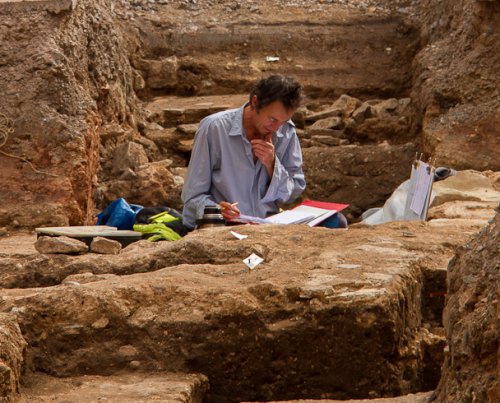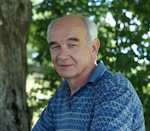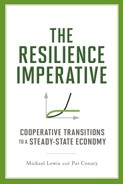This is Part 4 of a 4-part series. Click here to read the first in this series.
Notes from 2002: Contemplating the Future

CCE/CCCR’s history has been one of organizing, networking, leveraging and then consolidating gains, and, at times, making some unfortunate mistakes. Its accomplishments, such as they are, can only be understood in terms of the tremendously talented, spirit filled and committed band of people that make up the CED field in Canada today (2002). Ultimately they are the people working in the trenches, wiring together the economic agendas and projects that help meet social goals. We in CCE have been like sponges, soaking up learning from those forging results on the ground and then moving to other settings to play our part in transferring what we pick up. And, to our credit, we have maintained our abiding commitment to create means by which people doing such incredibly difficult but important work can communicate with each other in a way that we might all learn from. We have contributed to some progress, but in the larger picture, it feels like after 25 years we are still running towards first base.
None of us can afford to contemplate the future through rose coloured glasses. Impoverishment continues to affect each and every one of us, as citizens and as community residents. Power continues to be rarely exercised in a way that adequately links the economic, social and environmental interests of citizens and communities. The broader policy environment, while beginning to mouth the importance of community led innovation and development, remains poorly informed about what it takes to get durable results, although headway has been made in Manitoba and Nova Scotia. In other jurisdictions, such as B.C. and some Federal Agencies (HRDC), we are going backwards it seems.

When I think about the last decade (1992-2002) and contemplate the next, I come to one major conclusion – we had better make more progress in the next decade than we have in the last. This is not to take away from our collective contributions thus far, merely to state the obvious challenges we face as we continue to organize and leverage our best into a movement to change systems to be more supportive of community-led development.
But I believe we can take heart. Through CCEDNet, CEDTAP and other community and regional efforts across Canada we are weaving a tapestry of experience, learning, encouragement and leadership. We can discern the common interests of Isle Madame off Cape Breton and the distressed neighbourhoods in the North End of Winnipeg. When we look closely we can see the connection with the work Quint Development Corporation is doing in the core neighbourhoods of Saskatoon with the work of the Nadina Community Futures Development Corporation in B.C. We are constructing a chorus and are finding our voice. We may not yet be singing off the same song sheet, in fact, one might say we are still writing the music. Nevertheless, I am confident that as we organize, as we network, as we learn from each other, we will succeed in leveraging a community chorus that will be heard.

One of our most revered orators in Canada’s CED movement is Rankin MacSween. He is the Executive Director of New Dawn Enterprises in Cape Breton and was the dinner speaker at CCEDNet’s National Policy Conference in March 2001. His great-grandfather was a Gaelic-speaking Cape Breton subsistence farmer. He recounted one of the earliest stories he remembers from his childhood, a story his great-grandfather told him about when he was a young man. “The practice in the community was that every fall the men would go to Boston, a thousand miles away, to work for the winter, and then each spring they would return.” “And how did you get to Boston” asked Rankin. “The way I got to Boston was I walked.” “How did you ever walk all the way to Boston?” “Well it wasn’t just me. There was Rory Hector, Red Angus, Dugal Peter, Dan Rory. I don’t think I could have walked to Boston alone. But I didn’t have to walk alone. We walked to Boston together. “
As another leader in our movement, Paul Born, would say, we have to build the road as we travel it. I am indeed privileged to be walking the road with so many dedicated people, both within CCE and the many other people across Canada who are working so hard to strengthen communities. My goal for the Centre for Community Enterprise and the Canadian Centre for Community Renewal is that they will evolve into organizations that can continue being a vital contributor to building the road, long after I pass on.


Mike Lewis is well known in Canada and internationally as a practitioner, author, educator, and leader in the field of CED and the social economy. His experience cuts across the full range of functions connected to community renewal and development. He is the founder and Executive Director of the Canadian Centre for Community Renewal and is a founding member of the Canadian CED Network. Mike is also the co-author (with Pat Conaty) of The Resilience Imperative: Cooperative Transitions to a Steady-state Economy.
Read other stories gathered to celebrate CCEDNet’s 15th anniversary >>





